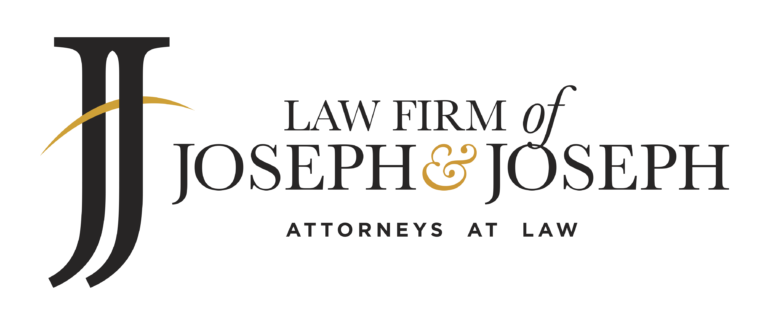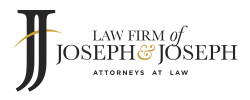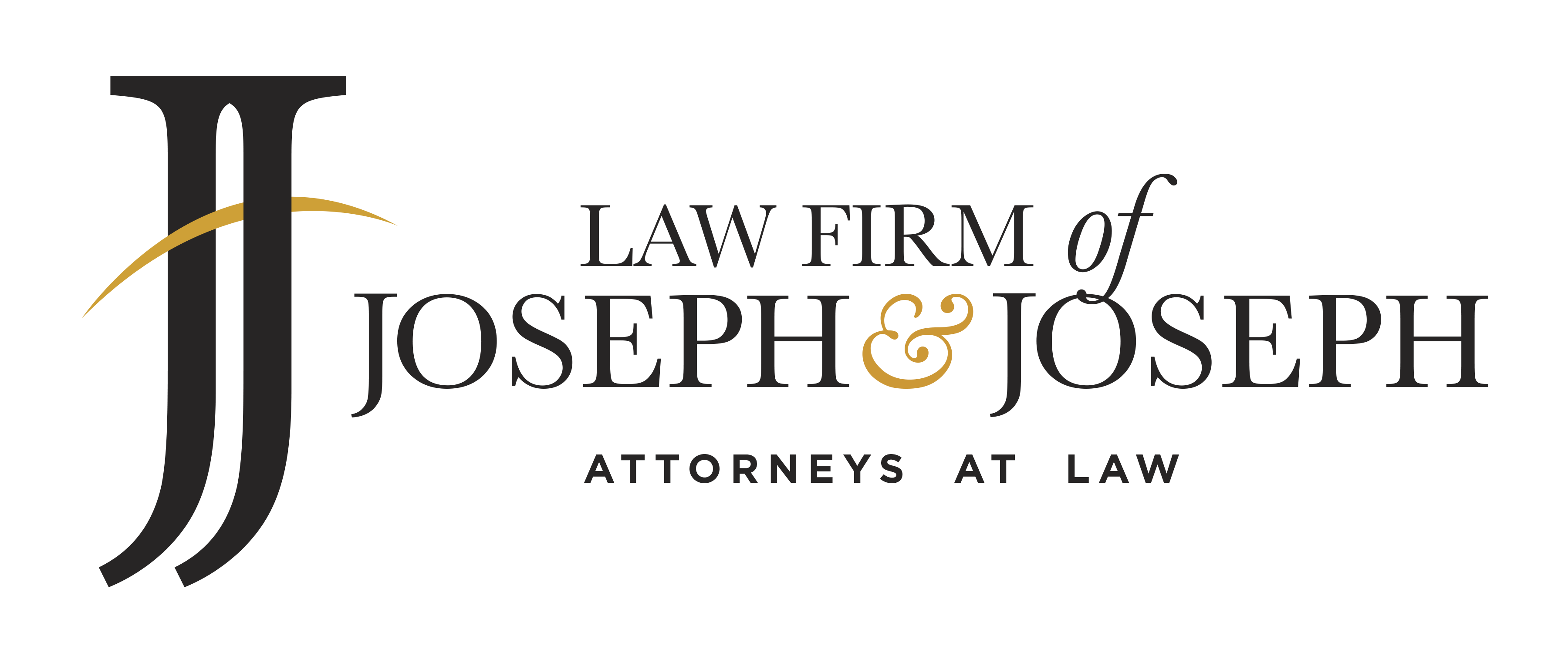By
Sir Lawrence A. Joseph
If anyone had any doubts about the pragmatism of Dr. Ralph Gonsalves, Prime Minister of Saint Vincent and the Grenadines, those doubts would have been completely erased on the night of Monday 14th March 2016. On that night Dr. Gonsalves delivered a most stimulating lecture to a most enthusiastic audience at the Grenada Trade Centre. It was entitled “The Grenada Revolution: Historical Context, Impact, and Continuing Significance” and was organized by The Grenada Revolution Memorial Foundation (GREMFO) and Groundation Grenada.
A pragmatist may be regarded as one who deals with matters in accordance with their practical requirements or consequences. In the present context Dr. Gonsalves treated the essentials of the lecture title with reference to their practical lessons. He said that one of the most important lessons emanating from the 1979 to 1983 revolutionary processes is that it would be highly impractical and undesirable to try to transplant a foreign ideology such as Marxism/Leninism into a country which is traditionally steeped in capitalism without first having the appropriate foundation in place. Capitalism here refers to an economic system where the means of production are owned privately and for profit.
Since the 1950’s through the revolutionary processes of Eric Gairy Grenadians took pride in owning their own plots of land and private businesses. Moreover they became accustomed to the practice of the principle of ‘one man, one vote’ based upon a multi-party system of democracy. Contrary to this situation the new revolutionary leaders were bent on establishing Marxist/Leninist principles under a one-party system with the state owning all the means of production. This thinking, according to Gonsalves, was much too far ahead of ordinary Grenadians.
Marxism is the economic, political and social theories of the Germans Karl Marx and Frederich Engels which hold the view that class struggle is needed in order to enable communism to supersede capitalism. Communism itself is a political theory which favours collective ownership of the means of production for the general good. Marxism was especially promulgated in Russia by Vladimir Lenin who took the position that a vanguard party was needed in order to achieve governmental control to enable the dictatorship of the proletariat to prevail. At the time of Lenin the socio-political conditions in Russia were ripe for the application of Marxism. Russia was large and was perhaps the poorest European country with an enormous illiterate peasantry with a paucity of industrialization.
As a consequence of the actions of the Bolsheviks who comprised the vanguard party in Russia, there was the eventual establishment of the Union of Soviet Socialist Republics (USSR) comprising a number of Eastern European countries in 1922. However, because of the unaccomplished ‘pie in the sky’ revolutionary dreams that Union disintegrated under President Mikhail Gorbachev in 1991. In fact capitalism may be said to be the order of the day in those countries today as the pure form of Marxism/Leninism has since been abandoned. Nonetheless it was this Marxist/Leninist ideology that the leadership of the New Jewel Movement (NJM) was bent on transplanting wholesale into the small closely knit Grenadian society without the necessary input from the ‘proletariat’.
Dr. Gonsalves himself appears to have had some measure of exposure to what is referred to as socialism. Socialism is considered by many to be at the lower stage of communism and is based on the principle “from each according to his ability to each according to his contribution”. The upper stage is based on the principle “from each according to his ability to each according to his need”. It is within this latter stage that the pure form of Marxism lies. In general socialism refers to a range of economic and social systems characterized by social ownership and democratic control. It is a most ubiquitous ideology as many countries all over the world now adopt various forms of socialism.
In addition to the above, Dr. Gonsalves also identified the non-legitimization of the Grenada usurper regime either by referendum or by general elections, together with the continuous arbitrary detentions of many without charge or trial as serious errors committed by that regime. There is no doubt that the abovementioned errors significantly contributed towards its downfall in October 1983 despite its contributions to a number of positive societal benefits. In conclusion, Dr. Gonsalves went out of his way to advise Grenadians that even if they consider that they are not getting all they want from the ongoing Constitution reform process marginal improvements to the Constitution are better than none at all. In my opinion, whether one likes him or otherwise, Dr. Ralph Gonsalves who won four consecutive general elections in his country must be recognized as being a quintessential political pragmatist.
In this context it is important to give consideration to a certain concern which was recently expressed by Senator Ray Roberts in an email which he recently sent to me and others. Senator Roberts expressed the concern that the Foundation which was established by current Prime Minister Dr. Keith Mitchell could violate the Integrity in Public life Act. That Foundation was recently launched by hotelier, Sir Royston Hopkin as Chaiman for the purpose of raising funds from the sale of books which contained past speeches of the Prime Minister entitled “Words in Service” and by receiving donations in order to assist young people. From all reports the Foundation is completely independent of any direct input from Prime Minister Dr. Mitchell as he is not a member and there is no intention for him to gain financially from the exercise. It seems to be a purely charitable Foundation.
In raising his concern, Senator Roberts mentioned that the operation of the Foundation may present a situation of conflict of interests for the Prime Minister and raise ethical issues as donors to the Foundation may have undue influence on the Prime Minister which may result in decisions which are not in the best interest of the country. Moreover, he continued, there will be the perception that the Prime Minister may exploit his official role as Prime Minister in order to benefit his Foundation by influencing persons to make donations to it.
At the end of his email Senator Roberts informed that he has already made a complaint to the Integrity Commission and seems to have invoked section 12 (1) (e) (and not section 12 (e) as was mentioned in the email) of the Integrity in Public Life Act which provides that the Commission shall “investigate the conduct of any person falling under the purview of the Commission, which in the opinion of the Commission may be considered to be dishonest or conducive to corruption.”
Whilst section 41 of the Act makes provision for any person to make a complaint in writing to the Commission, the question arises as to whether the present complaint is reasonable. As the complaint seemingly has already been made, the Commission has a duty as provided for by section 42 of the Act to give the Senator an opportunity to be heard, to examine the complaint and to make a determination on the matter. The Commission could reject the complaint because it may either find that it is frivolous or vexatious or that the complaint does not pertain to a matter that the Commission is empowered to undertake.
However section 43 provides that if upon examination of a complaint the Commission is of the view that an investigation is necessary, then it must inquire further into the matter. Both the complainant and the person about whom the complaint is made are entitled to be represented at the inquiry either personally or by an attorney-at-law. In the present circumstance if the Commission finds that there is a breach of the Code of Conduct, a report of its findings must be sent to the Speaker of the House of Representatives for an appropriate action to be taken. However if the evidence indicates that a criminal offence may have been committed the findings must be given to the Director of Public Prosecutions.
It is to be noted that the Sixth Schedule to the Integrity in Public Life Act, 2013 outlines a Code of Conduct which is expected to be followed by persons in public office. Based upon this Code, in the present circumstance, significant questions which the Commission may have to consider are the following: Has the Prime Minister allowed, or is he allowing his private interest to conflict with his public position? Is the Prime Minister taking advantage of his public position for his private interest? Can the private interest of the Prime Minister influence or appear to influence the impartial and objective performance of his official duties?
From all appearances it does not seem that Senator Roberts is accusing the Prime Minister of any dishonest or corrupt activity. His position boils to the charge that a sitting Prime Minister ought not to establish a Foundation, such as the Dr. Keith Mitchell Foundation to be used for charitable purposes as he or she may be exposed to corruption. Is this really the intention of the Integrity in Public Life Act, 2013 bearing in mind that section 33 of the same Act even allows such persons to set up a Blind Trust for financial gain? Or is Senator Roberts merely scraping the bottom of the barrel to find an issue?
Buyer technology interaction design partnership business-to-business learning curve infographic vesting period angel investor mass market rockstar ecosystem twitter growth hacking. Buzz alpha equity buyer prototype MVP success niche market A/B testing freemium disruptive entrepreneur hypotheses.



